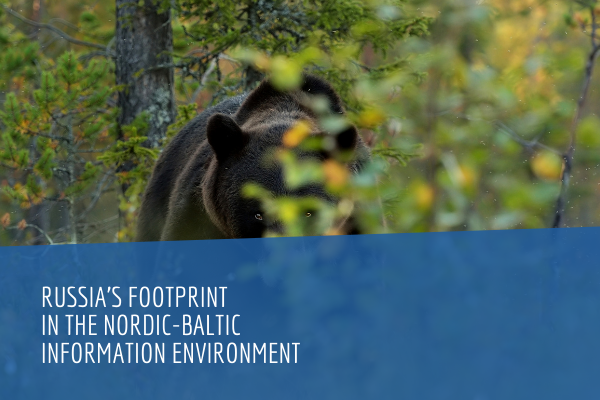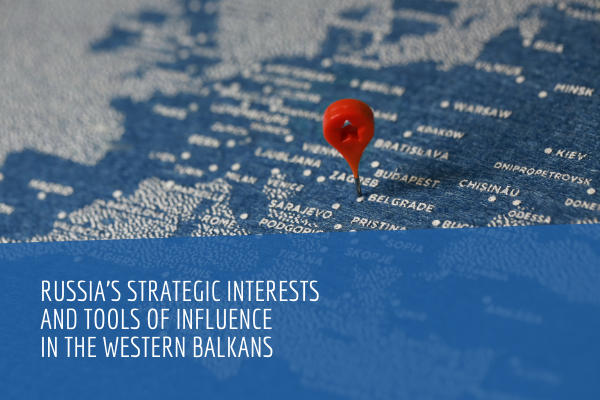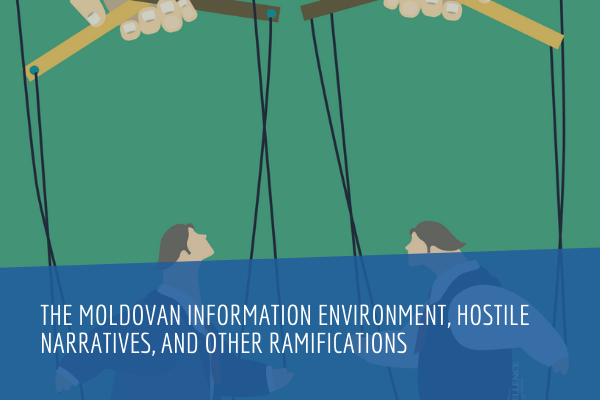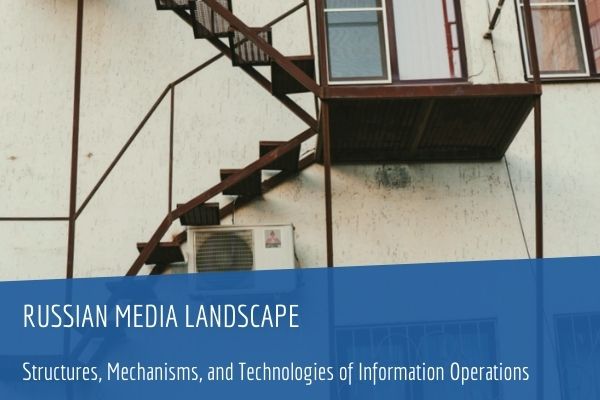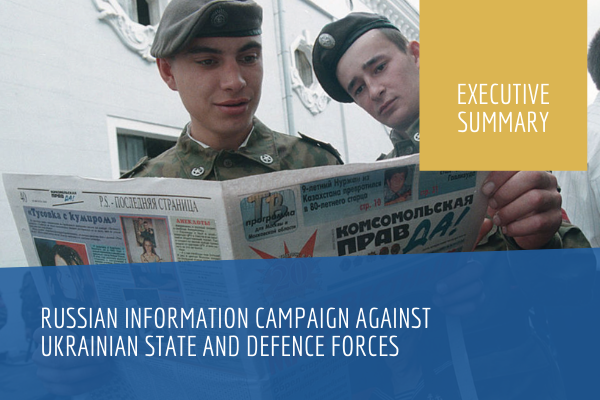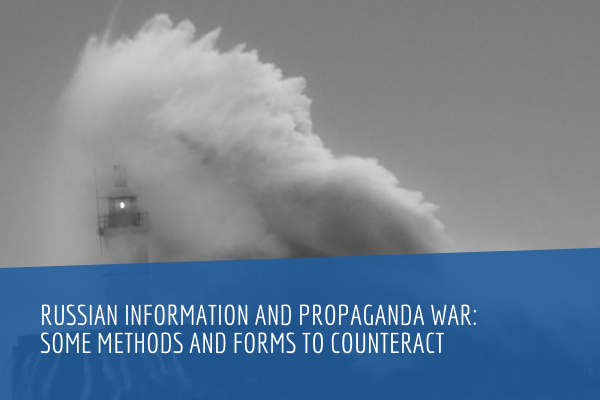Aim of the project
The ongoing project covering Denmark, Estonia, Finland, Iceland, Norway, Latvia, Lithuania and Sweden monitors Russia’s information activities in the Nordic-Baltic region (NB8) and analyses their impact. The report covering the period of 2016/2017 looks at the aims of Russia’s information activities and the narratives used; discusses the compatriot policy as a tool of influence; provides an insight into the use and varying level of trust in the information provided by Russian state-funded media and the public opinion on particular narrative themes promoted by Russia. The main findings are structured around the following research questions.
Aims of Russia’s information activities in the region
- Political dimension: Russia aims to become one of the great powers in the polycentric world order, to become an equal player in the international system and to challenge the unipolar world order. The purpose of its political messaging strategy is to counter post-Cold War interventions of the West, challenge Western liberal democracy as a universal value, call for the revival of the Westphalian sovereignty and in doing so subvert the unity of the Western states.
- Information dimension: Russia aims to develop its own global media system that promotes its worldview and Russia’s distinct place within it. Its information strategy is designed to support compatriots abroad and to develop the so called "Russian World" that exceeds the territorial boundaries of Russia and promotes its own perspective on Russian and world history.
- Military dimension: Russia claims to be countering alleged NATO’s expansion towards its borders. Russia combines military force with other instruments of power.
- Economic dimension: The Arctic is seen as a priority region for Russia. It is also keen on maintaining economic interdependance with the NB8 countries.
